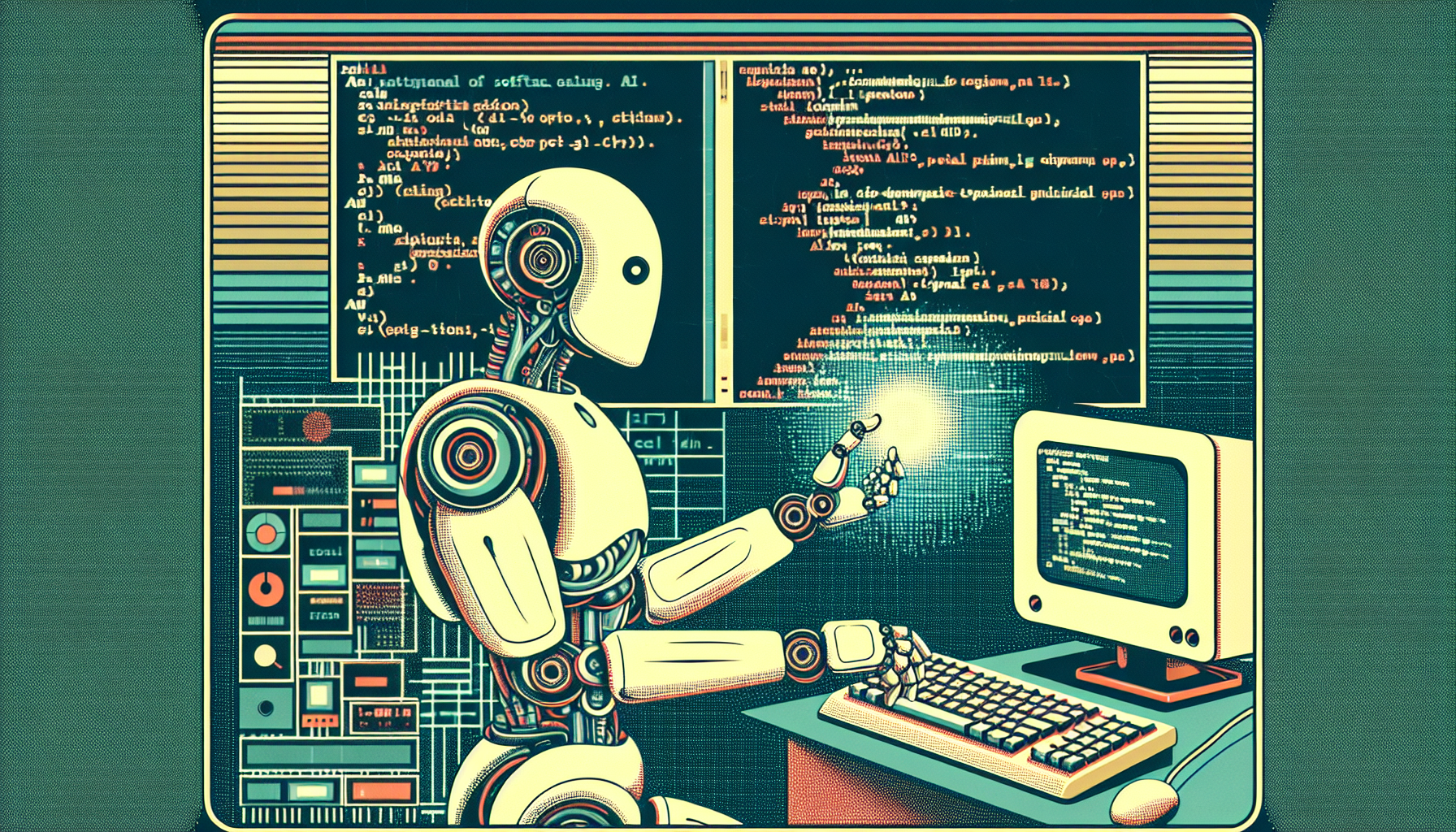In a momentous announcement during Google’s recent Q3 2024 earnings call, CEO Sundar Pichai unveiled a transformative shift in software development at the tech giant. Harnessing the power of artificial intelligence (AI), more than 25% of all new code at Google is now generated by AI systems. This revelation signifies a pivotal moment in the integration of AI into the very fabric of Google’s development processes.
AI’s Role in Code Generation
While AI-generated code isn’t an entirely new concept, the sheer scale at which Google is implementing it is indeed groundbreaking. As Pichai explained, the AI-generated code is examined, reviewed, and ultimately approved by human engineers. This collaborative process liberates engineers from routine coding, enabling them to dedicate more time and effort to complex and strategic tasks, such as solving high-level problems and driving innovation.
Impact on Engineers and Development Processes
With the advent of AI-generated code, the role of software engineers at Google is evolving. Engineers are finding themselves more engaged in ensuring the precision and reliability of AI-produced code. This shift in responsibility allows them to allocate their expertise to areas that demand human creativity, critical thinking, and problem-solving abilities. AI can handle routine and repetitive tasks, freeing human engineers to engage in more sophisticated endeavors.
Broader Implications for the Tech Industry
Google’s embrace of AI-driven code generation mirrors a larger movement within the tech industry. AI tools like GitHub Copilot and similar generative models are gaining traction, capable of delivering everything from boilerplate code to complex algorithms. Despite this progress, these AI tools still require significant human scrutiny to ensure the accuracy and quality of the generated code.
Economic and Operational Benefits
The integration of AI into Google’s development process has had noticeable economic and operational benefits. In the Q3 2024 earnings call, Alphabet reported a remarkable 34% increase in revenue compared to the previous year, driven in part by growth in its cloud business. AI offerings have drawn in new enterprise customers and facilitated larger deals, highlighting the tangible financial advantages of AI adoption.
Future of Coding and AI Collaboration
Pichai’s announcement offers a glimpse into the future of technology, where AI collaborates closely with human engineers rather than competing with them. As AI continues to assist in code generation, software engineers are tasked with new roles: overseeing AI outputs, ensuring accuracy, and acquiring complementary skills in machine learning and AI oversight. This collaboration is poised to enhance productivity and spur innovation, rather than threaten coding careers.
Concerns and Nuances
Though promising, the integration of AI in code generation brings its own set of challenges. Some critics express concerns about the deepening technical debt and the complexities of code maintenance without the contextual insight of seasoned developers. Others argue that the statistics may be skewed, as organizations like Google might have already been utilizing automated tools for generating simple code, now rebranded under the AI-generated label.
Despite these challenges, Google’s stride towards generating a substantial portion of its code through AI signifies a crucial evolution in software development. As AI technology continues to advance and permeate various industries, the future of coding appears set to embrace a harmonious partnership between AI systems and human engineers.
This trend emphasizes Google’s dedication to embedding AI deeply within its operations, positioning the company at the forefront of the AI-driven technological revolution. With the promise of improved productivity, innovation, and efficiency, it’s a journey that holds immense potential for the tech world at large.

Leave a Reply